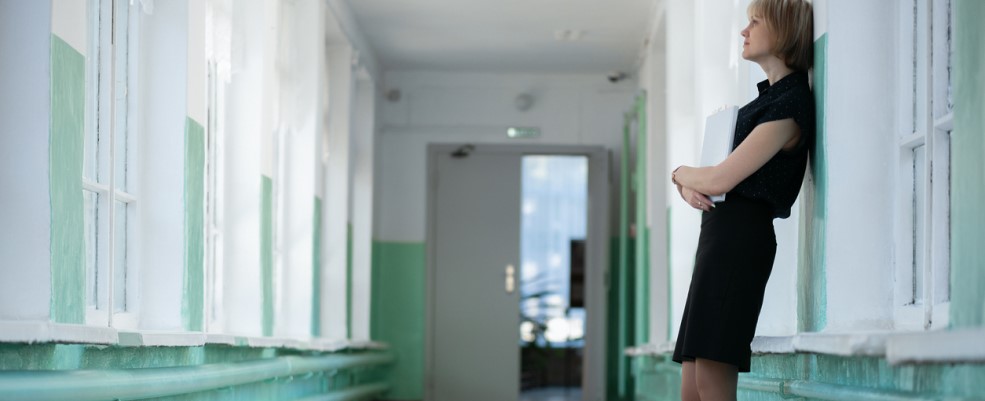- New study shows 60% of state school teachers always come home from work exhausted, compared to 37% of teachers at ‘top’ private schools
- State school teachers more likely to be working at ‘very high speed’ with less autonomy
- State schools have lost over 15,000 teachers to private schools since 2014
State school teachers in England and Wales report worse job quality than their private school peers, a new report published by the Private Education Policy Forum (PEFF) shows. The report was written by Alan Felstead and Katy Huxley of WISERD and Francis Green of University College, London.
Among the key findings was the revelation that 60% of teachers in state schools say they always come home from work exhausted, compared to 37% in ‘top’ private schools and 50% in other private schools. ‘Top’ private schools are identified as those featuring in ‘The Times Parent Power 2023 Performance Guide to Schools’. This compares to just 18% in the general non-teaching population.
PEPF’s report also found a discrepancy in task autonomy, as 78% of teachers in top private schools and 70% in other private school reported having a great deal of choice over how to do their daily tasks. Only 60% of state school teachers said the same.
The proportion of teachers who reported working at very high speed at least three quarters of the time, meanwhile, is 86% in state schools and 80% in private schools. The significance of these findings is amplified by psychological research which shows that the effect of high work intensity on job strain is greater in situations of low task autonomy.
In illustrative open responses to the NEU survey, private school teachers report that they too have been facing challenging working conditions in recent years, especially in contrast with jobs in other professions. One unsatisfied teacher commented: “It’s not good, expected to do too many hours. No work-life balance, no support from senior management, no support for my mental health”.
But there are even fewer favourable reports about their working conditions from state school teachers recorded. One respondent said she found teaching rewarding, but that she had, not only to teach, but “deal with mental health and pastoral issues throughout the day”. She finished by declaring that “the working conditions and exhaustion make this job unsustainable for me long term.”
These conditions are likely to have contributed to the 15,000 teachers lost by state school in net outflow to jobs in private schools between 2014 and 2023. This exodus is a form of subsidy to the private sector as the teachers are trained by the state.
The report calls on both government and private school leaders to redouble efforts to address problems of workload, and to collect and publish fuller information on inter-sectoral flows of teachers.
Image credit: undefined undefined via iStock.

